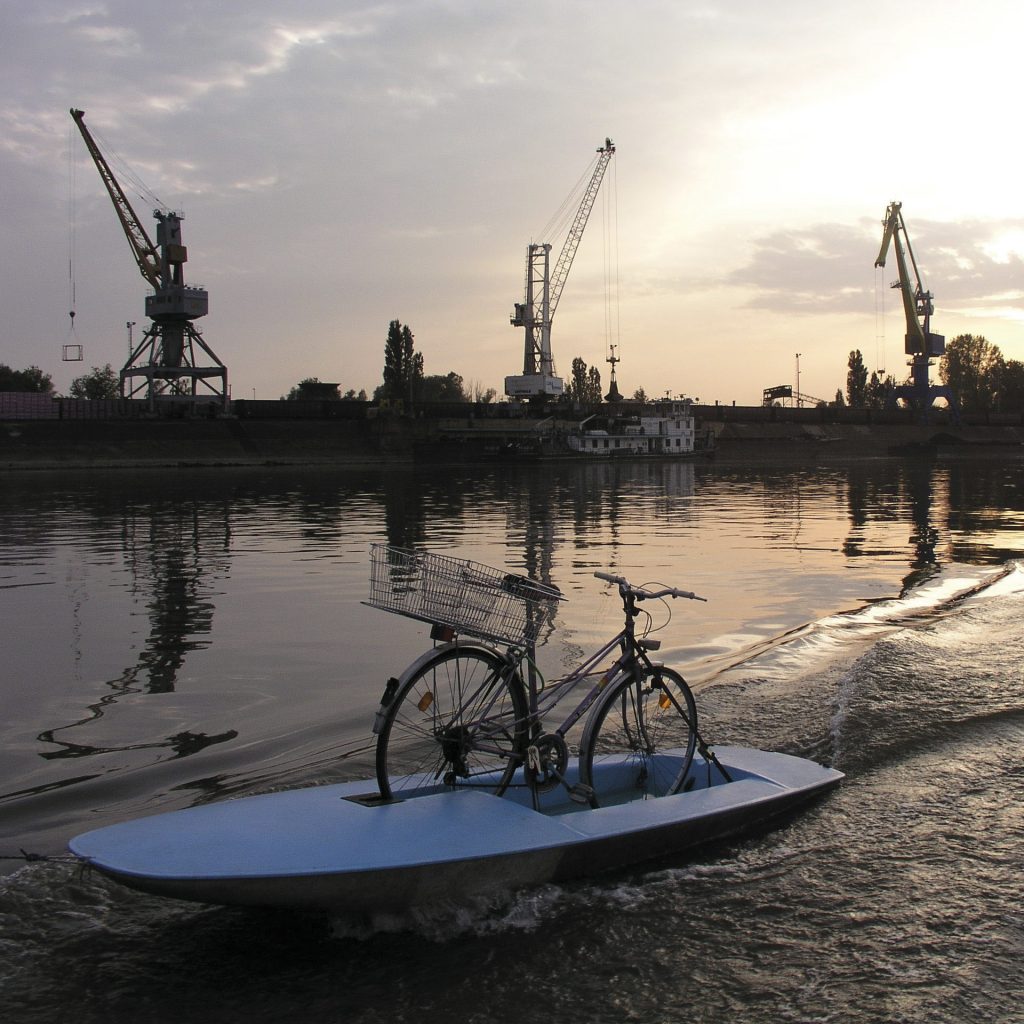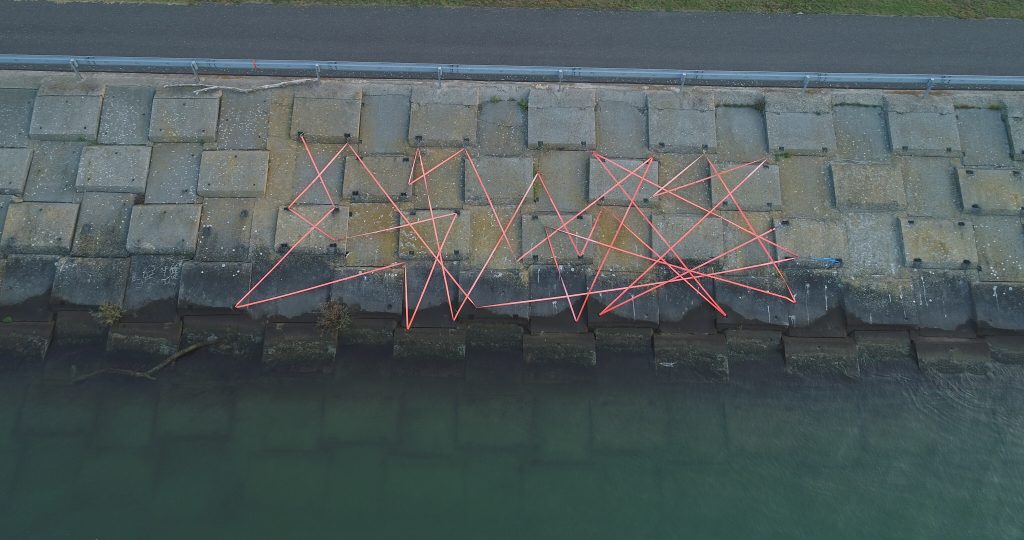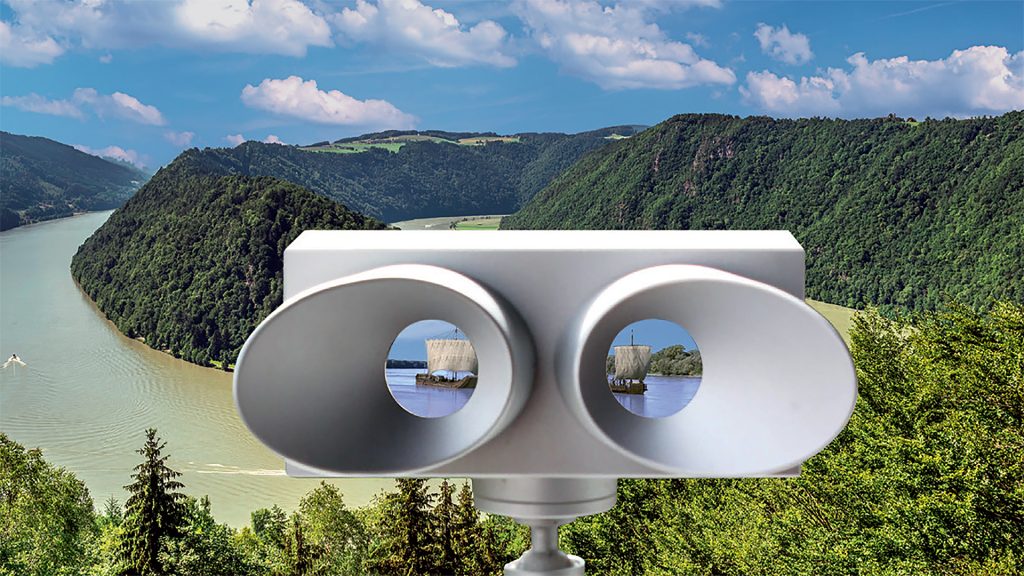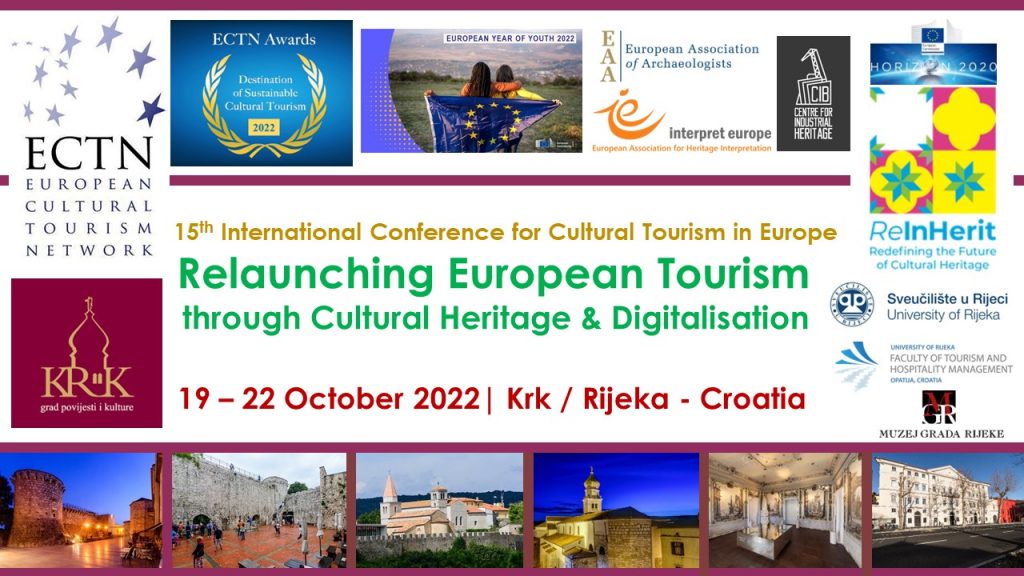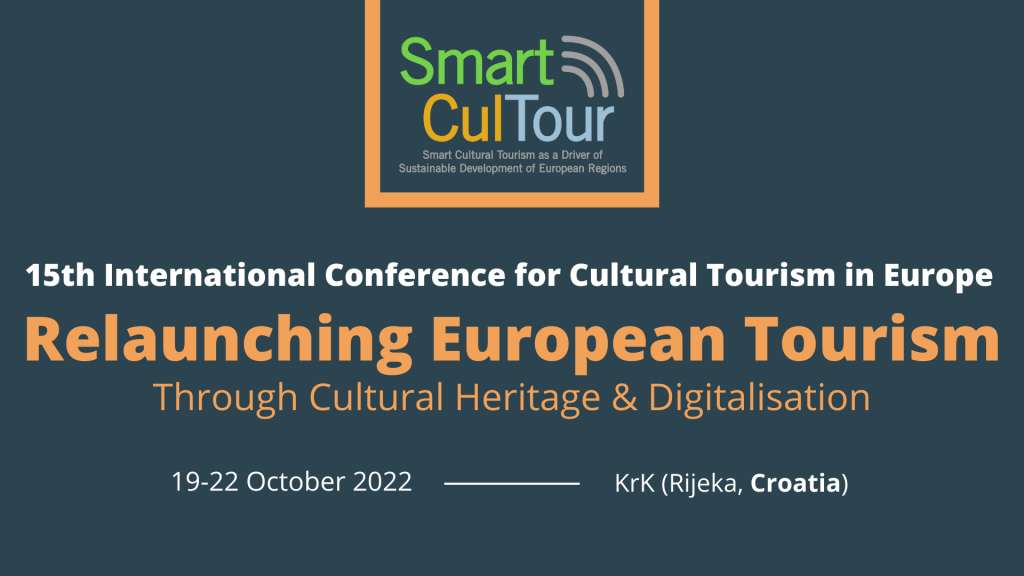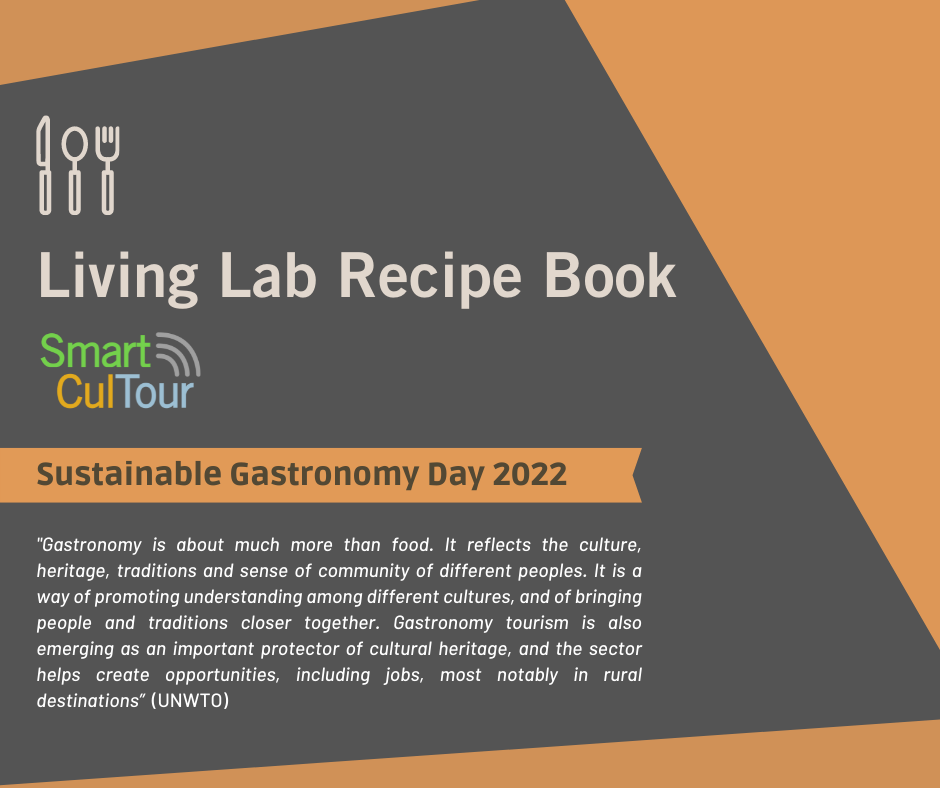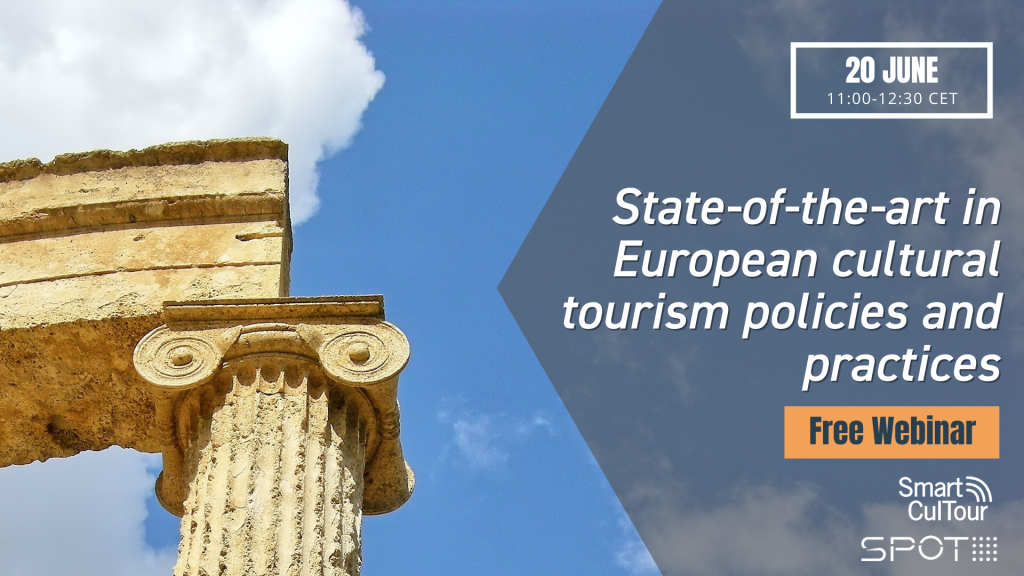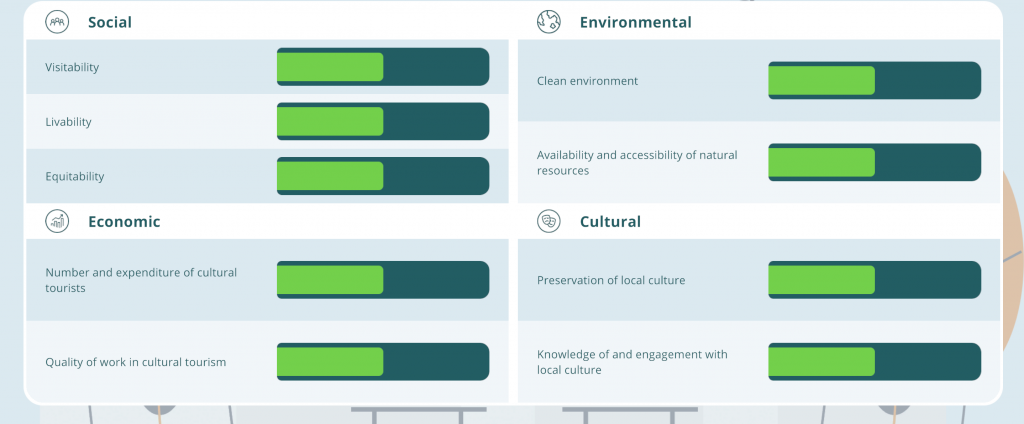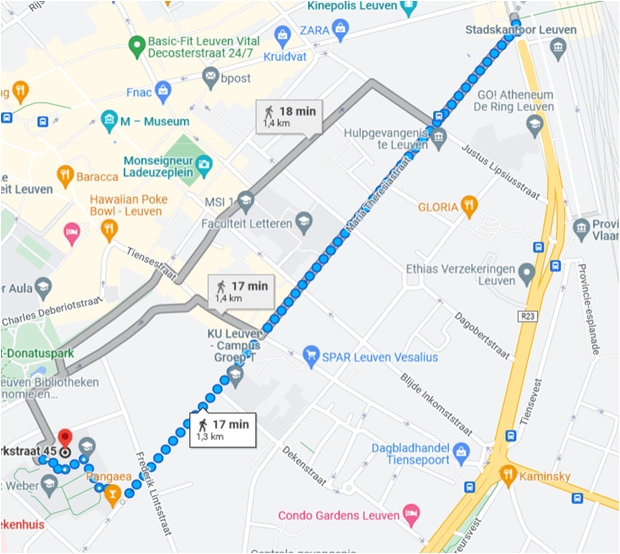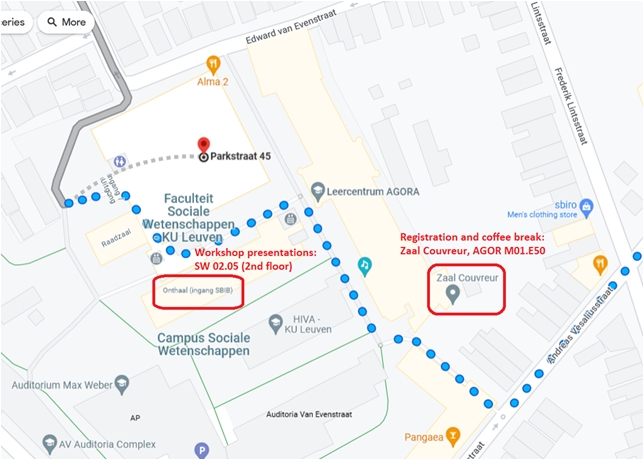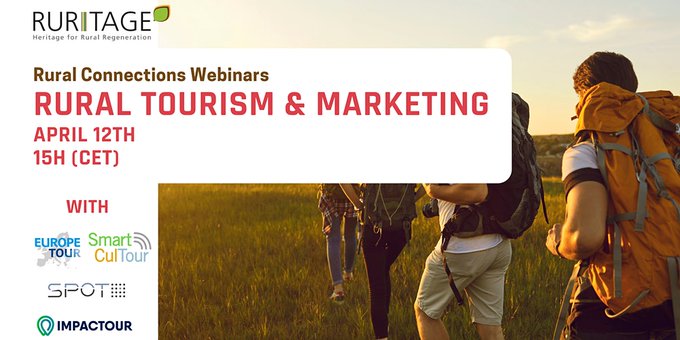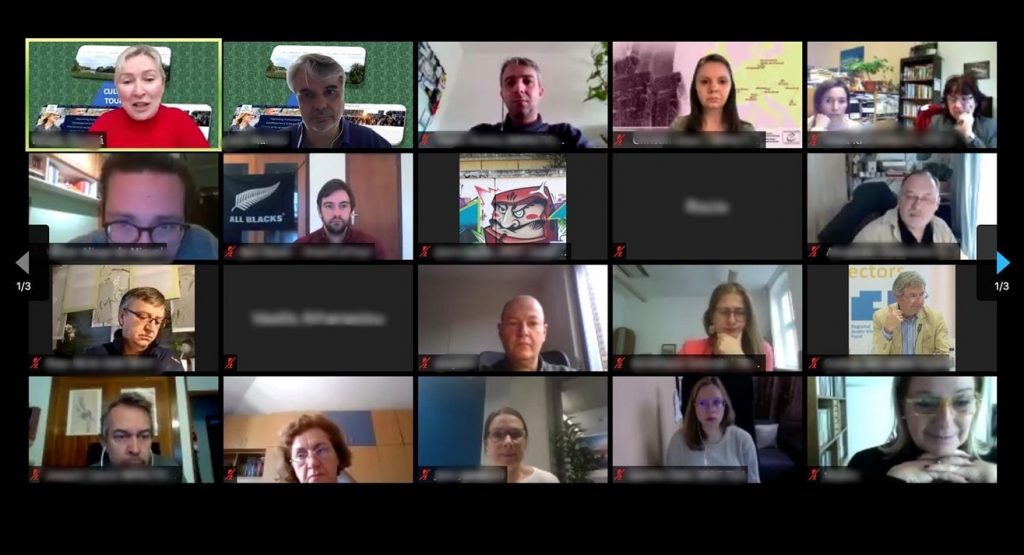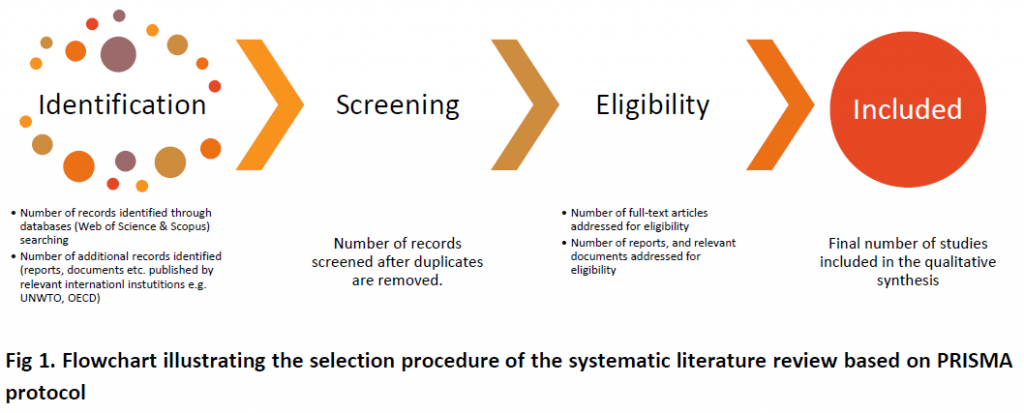CultPlatform_21. The Danube Culture Platform
#13th Cultural Tourism Intervention:
The Danube is the second longest river in Europe, after the Volga River. It flows westwards through Central and Southeastern Europe and flows into the Black Sea after 2,829 km in the border area of Romania and Ukraine via the Danube Delta. Vienna, Bratislava, Budapest and Belgrade are located on the Danube. Thus, this long river traverses more countries and landscapes than any other river in Europe and, as an important axis of transport and travel, it connects various cultural and economic areas. For this reason, an intervention centred on the Danube’s networks needs to comprehend several cultural areas and different countries. Those involved are Austria, Bulgaria, Germany, Hungary, Romania, Serbia, Slovenia and Luxembourg.
The aim of the CultPlatform21 intervention is to “work against forgetting and to create awareness of cultural diversity and history in the Danube region”. In fact, in the course of history, the Danube area has experienced a chequered past resulting in a culturally and historically rich but fragmented history. The (im)material cultural heritage is the (in)visible testimony to this and, as a non-renewable and irreplaceable resource. It forms people’s collective memory. Accordingly, the project is dedicated to the hidden, forgotten, invisible cultural heritage of the Danube region. The aim was to create a large platform for culture and tourism in the Danube area and initiate the development of some form of cultural tourism in an innovative way in order to involve and connect communities, organizations and tourists within the region. It sees hidden heritage as an interdisciplinary field contributing to the development of new cultural narratives. Eight pilot projects to create spaces of remembrance have been developed and implemented. Three used digital and technological methods, four were more artistic and creative interventions and one applied both tools. Among the main activities we highlight the (a) innovative strategy proposal for cultural routes and the creation of a Policy Learning Platform as a network for stakeholders; (b) the discovery of hidden heritage along the Danube, making the invisible visible through artistic and technological (3D applications) pilot projects; (c) contributing to narrate historic places and events in a contemporary innovative manner. More importantly, the core of the project is the Policy Learning Platform, a cultural policy network of the project partners that well represents the cooperative behaviour between culture and tourism.
The main issue was to discover places of history, find old and new stories to tell and develop artistic and technological pilot projects for descriptive mediation and support existing cultural routes by developing contemporary aspects. The overall intervention had a duration of 2.5 years (from 2017 to 2019). The Federal Chancellery of Austria, the Arts and Culture Division lead the project and the other nineteen partners (from eight countries within the Danube area) developed cooperation on culture and tourism. It was included in the Interreg European Strategy for the Danube Transnational Programme. The ideas that have been generated and tested during the project’s activity showed huge potential in the existing routes along the Danube. It had a positive impact on the local community. The intervention demonstrates that sustainable cultural tourism development requires collaboration and partnership between a variety of stakeholders from both culture and tourism. Working separately leads to missed opportunities and a waste of resources. Through the development of the Policy Learning Platform, CultPlatform21 showed how such a missing framework could be generated. Nevertheless, the project showed the beneficial outcomes of using art-based methods, such as storytelling, for interpreting cultural heritage and connecting it to people.



